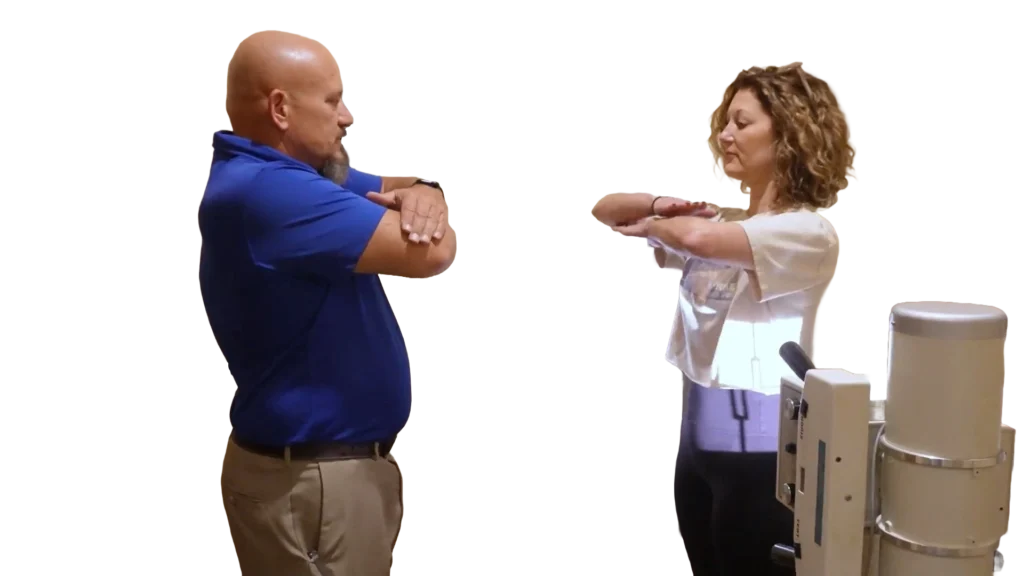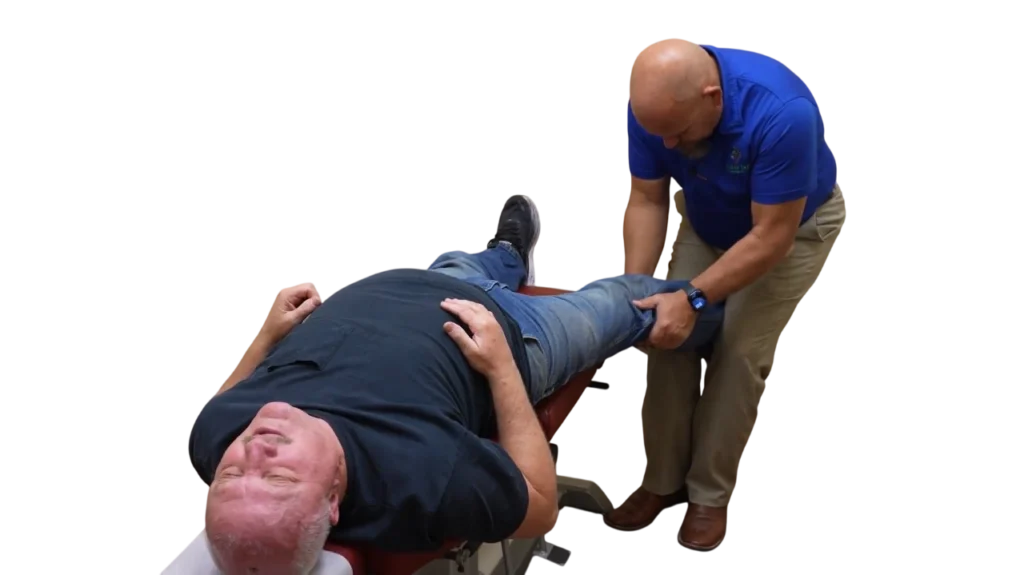Back Pain Treatment in Oklahoma City
Back pain is a common affliction that can significantly impact your quality of life, limiting mobility and daily activities. At Family Tree Chiropractic in Oklahoma City, our goal is to provide you with effective, personalized back pain relief through non-invasive and holistic chiropractic care. By focusing on proper spinal alignment and nervous system function, we help you reclaim comfort and improve overall health.

Relief for Lower and Upper Back Pain
Back pain can originate from both the lower and upper regions of the spine, each causing different symptoms and requiring specialized treatment approaches. Lower back pain often involves muscular strain, herniated discs, or nerve compression, while upper back pain may be related to poor posture, joint dysfunction, or tension in the shoulder girdle.
- Sharp or dull aches in the back region
- Stiffness and reduced range of motion
- Radiating pain into legs or arms
- Muscle spasms and tenderness
- Difficulty standing, sitting, or walking comfortably
Causes of Chronic Back Pain
Herniated or bulging discs
Degenerative disc disease
Spinal stenosis and nerve impingement
Poor posture and ergonomics
Muscle imbalances and overuse injuries
Previous trauma or sports injuries

Chiropractic Solutions for Back Problems
OKC Back Pain Relief
Schedule a consultation with Dr. Micah Carter at Family Tree Chiropractic in Oklahoma City to receive a comprehensive evaluation. Our treatment plans are personalized and focused on lasting relief. Our team is dedicated to helping you regain optimal health, reduce pain, and enhance your quality of life. Contact us today to start your journey toward back pain relief and improved spinal health.
